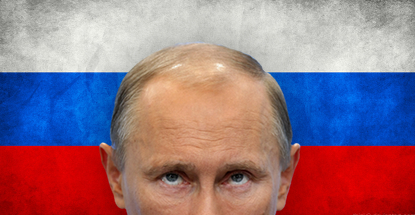 Russia has offered further clarification on its plans to legalize online sports betting.
Russia has offered further clarification on its plans to legalize online sports betting.
On May 8, Russia published Government Decree No. 452, spelling out “additional requirements for the organizers of gambling.” The document confirms previous reports that all Russian-licensed online sports betting operators will be required to process payments through a central repository known as a self-regulatory organization (SRO) so that the government can distinguish between sanctioned and unsanctioned activities.
Russia also plans to limit licensed betting operators to a single online domain and will require operators to base their servers on Russian soil. Russian-licensed operators will also be required to display the government’s seal of approval on their websites.
However, there remains some difference of opinion as to whether the country’s licensed land-based bookmakers are now legally free and clear to accept online wagers. Last July, Russia amended its 244-FZ Gambling Law to allow for certain exemptions to its prohibition on online betting, but in typical Russian fashion, failed to offer much in the way of specifics on these exemptions.
The situation grew murkier last December, when Russia announced strict new fines for gambling operators – land-based or online – who offered services outside the country’s designated gambling zones. The government has also taken steps to block the domains of international operators and has shown little interest in authorizing online casino or poker operations.
Oleg Zhuravsky, president of the First Self-Regulatory Organization of Russian Bookmakers, told Bookmakersrating.ru that the government’s latest decree was further evidence that online betting was now okay. But Konstantin Makarov, CEO of Russian lottery operator Bingo Boom and president of the rival Russian Bookmakers Association, isn’t so sure. Makaraov said the government didn’t appear to share the urgency of betting operators in clarifying the situation.
Makarov said the government needed to more clearly demonstrate its intentions by enforcing its existing prohibitions against betting sites not holding a Russian bookmaking license. Makarov believes this month’s publication of licensing details made the idea of such enforcement against international operators “quite possible.” Makarov is hosting one of many panels on the future of the country’s online betting market at the upcoming Russian Gaming Week confab in Moscow on June 3-4.
